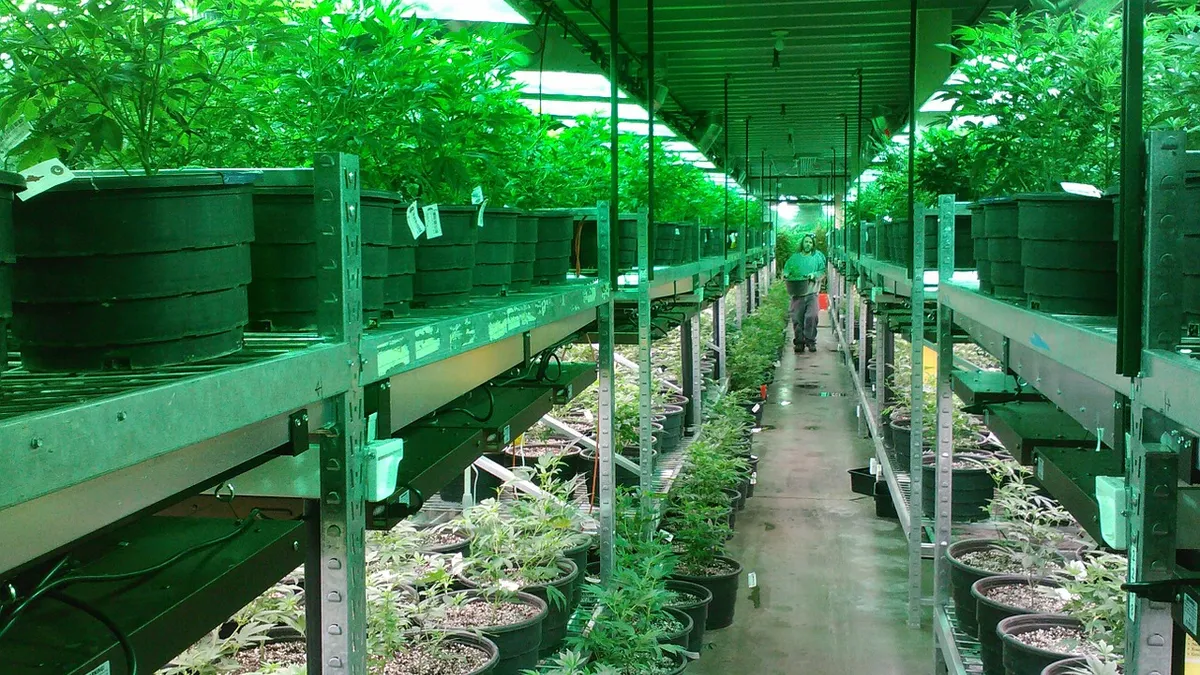Presidential nominees aren't the only boxes on the ballot this year.
While it's been an unusually divisive year concerning presidential picks, there is (as usual) more at stake, including a slew of citizen initiatives that could have some impact on HR compliance in a number of states.
Two of the issues at hand this year include minimum wage and marijuana laws. We’ve rounded up what’s to come below.
Marijuana laws:
So far, most states have sided with employers over drug testing and decisions to fire employees who have been caught smoking marijuana.
However, this issue will only get hazier (sorry) as more states consider loosening restrictions. Medical marijuana laws are particularly troublesome, as many do not have protections for employees built into the laws — and employees, generally, aren’t aware of that fact.
So far, common advice holds that employers that deal with issues of safety, such as hiring drivers or people to work with heavy machinery, are generally fine drug testing employees as usual. Otherwise, an employer may want to consider performance and other issues before outright firing an employee for pot use in a state that has legalized it in some fashion.
The following states are considering marijuana measures, according to Ballotpedia:
-
Arizona: Arizona Marijuana Legalization, Proposition 205
-
Arkansas: Arkansas Medical Marijuana, Issue 6
-
California: Proposition 64, California Marijuana Legalization
-
Florida: Florida Medical Marijuana Legalization, Amendment 2
-
Maine: Maine Marijuana Legalization, Question 1
-
Massachusetts: Massachusetts Marijuana Legalization, Question 4
-
Montana: Montana Medical Marijuana Initiative, I-182
-
Nevada: Nevada Marijuana Legalization, Question 2
-
North Dakota: North Dakota Medical Marijuana Legalization, Initiated Statutory Measure 5
Our coverage on marijuana laws and their impact on workplaces:
Colorado high court backs employers on medical marijuana ban: The court ruled that Dish Network could fire an employee for not passing a drug test.
Employers in California face a 'hazy' situation on drug testing: In a changing national landscape on marijuana use, HR needs to adjust hiring policies as needed.
Connecticut high court overturns decision that fired employee for pot use: It said a less harsh penalty could apply, as proposed originally by the arbitrator.
Massachusetts sees first case over firing for medical marijuana use: A case in Massachusetts pits employer vs. employee when it comes to using medical marijuana in the workplace.
Another state court sides with employers over medical marijuana use in the workplace: The decision bolsters an employer's right to fire a worker after testing positive for marijuana, even if the worker has a medical marijuana card.
Minimum wage:
While both presidential nominees have thoughts on minimum wage at the federal level, a few states have also put it on their ballots.
While not a lot of movement has been made on a state level regarding minimum wage, some cities and municipalities have opted to raise their wages, creating a patchwork of laws across a single state. Preemption laws in some states have emerged to stop cities from making sweeping policy changes.
That said, five states are voting on minimum wage laws this year, according to Ballotpedia. One is voting on keeping minimum wage lower for younger workers, while another includes paid time off in its proposed legislation:
-
Arizona: Arizona Minimum Wage and Paid Time Off, Proposition 206 ($10 wage)
-
Colorado: Colorado $12 Minimum Wage, Amendment 70
-
Maine: Maine Minimum Wage Increase, Question 4 (gradual increase to $12 by 2020)
-
South Dakota: South Dakota Decreased Youth Minimum Wage Veto Referendum, Referred Law 20
-
Washington: Washington Minimum Wage Increase, Initiative 1433
Our coverage on minimum wage laws:
XpertHR creates chart to navigate state preemption laws: HR leaders have their hands full monitoring the legal battles over issues like paid leave and minimum wage increases.
Federal court to begin hearings for Alabama minimum wage battle: State legislators blocked Birmingham's minimum wage increase, but plaintiffs in the case argue that this decision hurts black workers disproportionately.
KY supreme court strikes down Louisville minimum wage law: It's just one example of an issue that has been developing across the nation, and how some states are coming to terms with it.
Illinois passes law to protect domestic workers, boost working conditions: The law extends protections that had been typically denied to such workers.













